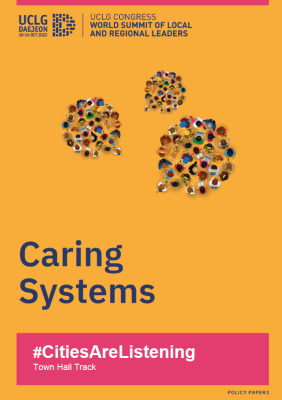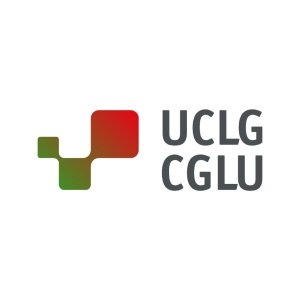Caring Systems
Caring is a human activity, and at its best is a means of caring for each other and for theplanet. However, traditional practices of care focus on providing health, social, or welfareassistance, seeing people as passive recipients, service users or beneficiaries, andpatients. Current systems also fail to acknowledge the contributions – as well as thehuman and labour rights and entitlements – of those who provide care and to promotetheir well-being and protection. These practices replicate, rather than repair, existingpatterns of inequality and exclusion, further limiting people’s ability to care forthemselves, for others, and for the planet.This paper advocates for a renewed understanding of ‘care,’ one that drives social andstructural transformation and helps repair historical wrongs. It views care as holistic andrights-based, contributing to human empowerment, addressing the needs of all, andsupported by public systems and infrastructure that are adequately funded andresponsibly regulated. Effectively adopting this approach implies considering all peopleas rights-holders and active decision-makers who should be enabled to make their ownchoices in terms of receiving assistance and support or caring for others, regardless oftheir age, gender or gender identity, race, ethnic or religious group, migration oreconomic status, disability, or health condition.
- GlobalNational governmentsSub-national and local governments



